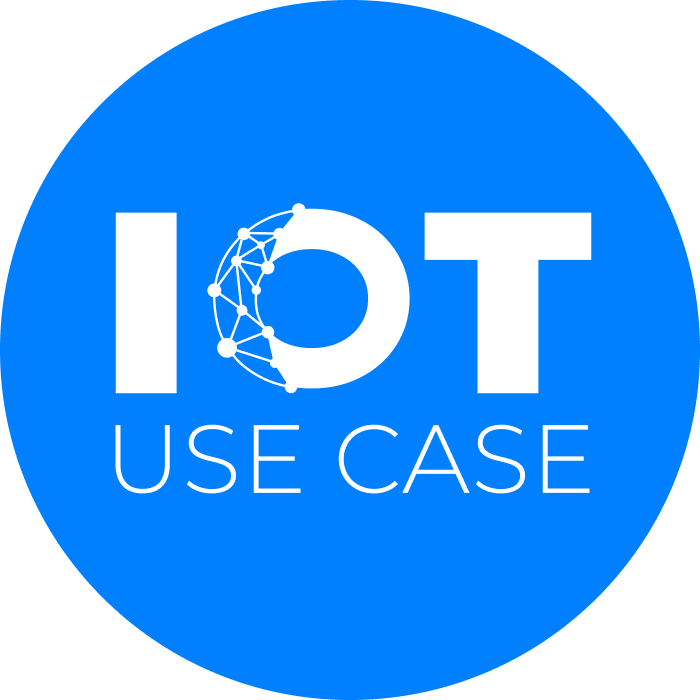Simulations help in the continuous optimization of production and logistics processes, but their development and implementation is time-consuming. ITK Engineering offers a solution for the customized integration of material flow simulations into the customer’s IT landscape in order to use them for recurring questions, e.g. in production planning. This enables the customer to perform simulations independently within a very short time without the help of simulation experts, to interpret the results and thus to optimize their processes.
The challenge: Continuous optimization of manufacturing through simulation is costly
Production and logistics are characterized by complex processes. Manufacturing has a particularly high number of product variants, and in transport logistics the demands on flexibility are very high.. Decisions within the scope of these processes are decisive for the business – however, they are often made on the basis of empirical values or with simple tools such as Excel.
Basically, it’s about questions like: Which product should be produced on which manufacturing unit? Which personnel scheduling brings about the highest productivity in the event of unplanned disruptions? How must transports be scheduled so that just-in-time or just-in-sequence processes run precisely? These typical questions can be answered optimally with data-based material flow simulations.
They help in the continuous optimization of manufacturing and are important for fact-based decisions. But until now, simulations have been very costly because they are primarily developed for certain, specific issues in each case. This requires simulation experts, time-consuming and costly development processes. This type of simulation is a separate, possibly very complex project. But for meaningful, everyday use, a simulation should rather have the character of a product that is easy to use.
The solution: An integration of the simulation ("simulation as a product") into the IT landscape of the customer
The development service provider ITK Engineering is active worldwide in industries such as automotive, production, railroad technology and healthcare and offers consulting and services for factory and logistics simulations. The company covers the entire value chain. In addition to the one-off application to answer specific questions, ITK Engineering also provides a simulation as a tool to be used on a daily basis.
A factory or logistics simulation consists of several digital twins of important machines, transport systems and warehouse components and facilities in manufacturing and their intra- and interlogistics. It is used to map different scenarios in production and predict the effect of changes to machines or processes. Traditionally, simulations are each specifically adapted to an individual problem and require a simulation expert to perform and interpret the results. Modern digital technologies allow material flow simulation to be integrated directly into the customer’s IT landscape. Thus, data can be automatically retrieved from ERP, MES or from machines and used as input data for the simulation. The simulation results can in turn be automatically processed as a dashboard and used for optimized production planning.
The big advantage is that the actual simulation takes only a few minutes or hours to run. For example, a production planner can use the simulation to evaluate possible solution scenarios directly after an unplanned machine failure. A mechanical engineering company can show its customers the efficiency of its machinery by providing simulations with visualizations of a future production line during initial customer meetings.
The business case is always very similar: it is about optimized production and logistics processes, increasing productivity, saving costs. For a high level of detail and accuracy, the machinery, automation units and warehouse components as well as product and order handling and production control can be mapped.
The result: Factory simulations become an everyday tool through simulation as a product
Simulation integrated into the customer’s IT landscape becomes an important basis for fact-based decisions on recurring, daily issues. They help to quickly identify optimization potential in production or transport logistics without the know-how of a simulation expert and to make optimal use of the simulation results. This turns a factory and logistics simulation into an everyday tool that can be used at any time to optimize decisions.






